

News in Brief
Autoimmune diseases and twisting lights: News from the College
Here’s a batch of fresh news and announcements from across Imperial.



Autoimmune diseases and twisting lights: News from the College
Here’s a batch of fresh news and announcements from across Imperial.
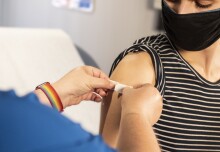

Study identifies vulnerable groups least likely to have COVID-19 antibodies
Findings from the MELODY study have identified which people with compromised immune systems are less likely to have COVID-19 antibodies.
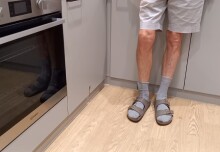

New research using ‘smart’ socks could transform dementia care
A sock which combines sensors with artificial intelligence could help care staff detect agitation and prevent falls in people with dementia.


Uncovering how bacteria swap genes could help fight antibiotic-resistance
Researchers have discovered a previously unknown mechanism of genetic transfer which can drive bacterial evolution.
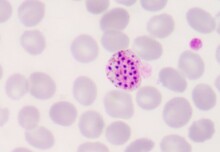

Undetected malaria infection shown to be a persistent problem
Recent evidence recognises the silent and persistent reservoir of parasites as one of the key drivers of continued malaria transmission.
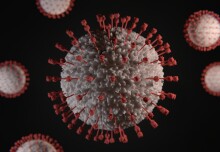

Study shows real-world COVID-19 vaccine response in vulnerable patient groups
Data from the OCTAVE study show for the first time COVID-19 vaccine responses for people with immunocompromised or immunosuppressed conditions.
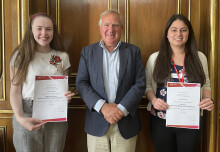

Medicine’s Master’s Scholarship winners tell us about their research
Master’s Scholarship winners from across the Faculty of Medicine's postgraduate courses presented their research and shared their experiences.


Feature
‘When I think about the burden of sickle cell disease - it keeps me up at night’
For World Sickle Cell Day we interview Prof Julie Makani on her career so far, African science and the growing interest in Sickle Cell Disease.


Feature
In conversation: Mental Health and Stigma with HIV, where are we 40 years on?
In this podcast series, we explore the experience of living with HIV and current research at Imperial on mental health and future treatment options.
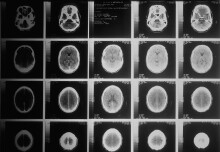

Imperial’s dementia research institutes secure £30 million funding
The two centres based at Imperial, which are part of the UK Dementia Research Institute, have received funding for the next five years.